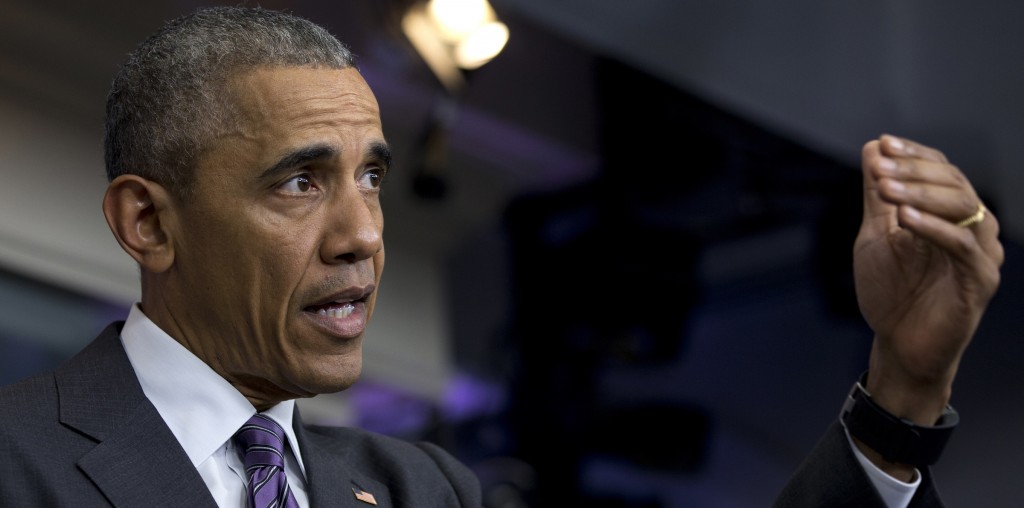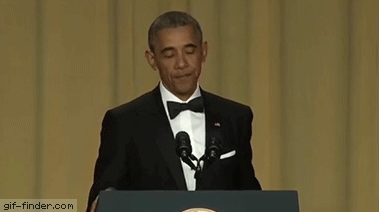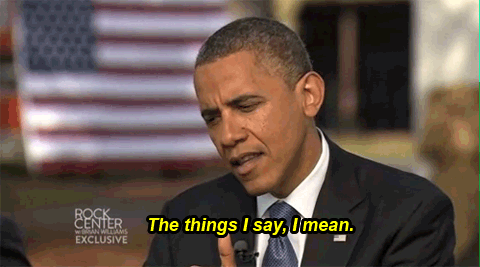Last week, journalist Andrew Ross Sorkin sat down with the soon-to-be-retired POTUS, Barack Obama, to discuss his economic legacy and how economic ideas are best communicated to people. Unsurprisingly, he had some really interesting stuff to say.
The president talks about breaking up the banks, Obamacare, and jobs – but what really jumped out was how much he mentions the issue of the language that gets used to explain the economy. If only people better understood it, if only those in power found better ways to explain it, he says, perhaps they'd be feeling more positive about his record in office.
Whether or not that's true, we’re psyched he's thinking along the same lines as us about the need to change the way we communicate about the economy.
Here's some of our favorite quotes from the piece:
"I mean, the truth of the matter is that if we had been able to more effectively communicate all the steps we had taken to the swing voter... then we might have maintained a majority in the House or the Senate."
He points out that a good story sometimes gets in the way of the facts:
"If you ask the average person on the streets, 'Have deficits gone down or up under Obama?' probably 70% would say they've gone up," Obama said, with some justifiable exasperation — the deficit has in fact declined (by roughly three-quarters) since he took office, and polls do show that a large majority of Americans believe the opposite.
"How people feel about the economy [is influenced by] what they hear."
And underlines just how important the economy is to all our lives:
"One of the things that I've consistently tried to remind myself during the course of my presidency is that the economy is not an abstraction. It's not something that you can just redesign and break up and put back together again without consequences."
Here he points out how you cannot really separate economics from politics:
"One of the constants that I've had to deal with over the last few years is folks on Wall Street complaining even as the stock market went from in the 6,000s to 16,000 or 17,000... They'd be constantly complaining about our economic policies. That's not rooted in anything they're experiencing; it has to do with ideology and their aggravations about higher taxes."
Here again he points to the way political myths stop being questioned, despite what the reality might be:
"If we can't puncture some of the mythology around austerity, politics or tax cuts or the mythology that's been built up around the Reagan revolution, where somehow people genuinely think that he slashed government and slashed the deficit and that the recovery was because of all these massive tax cuts, as opposed to a shift in interest-rate policy — if we can't describe that effectively, then we're doomed to keep on making more and more mistakes."
We totally agree, Barack.
So, how can those in the know do a better job at making all matters 'economy' easier to talk about? And how do we show that economics isn’t just for experts, but for everyone?
We're betting he's got some more good ideas about this. Anyone got his number?
Check out Andrew Sorkin’s full interview with Barack Obama – and if you haven’t already, take a look at the highlights from Obama’s last ever White House Correspondents' Dinner speech. #ObamaOut






